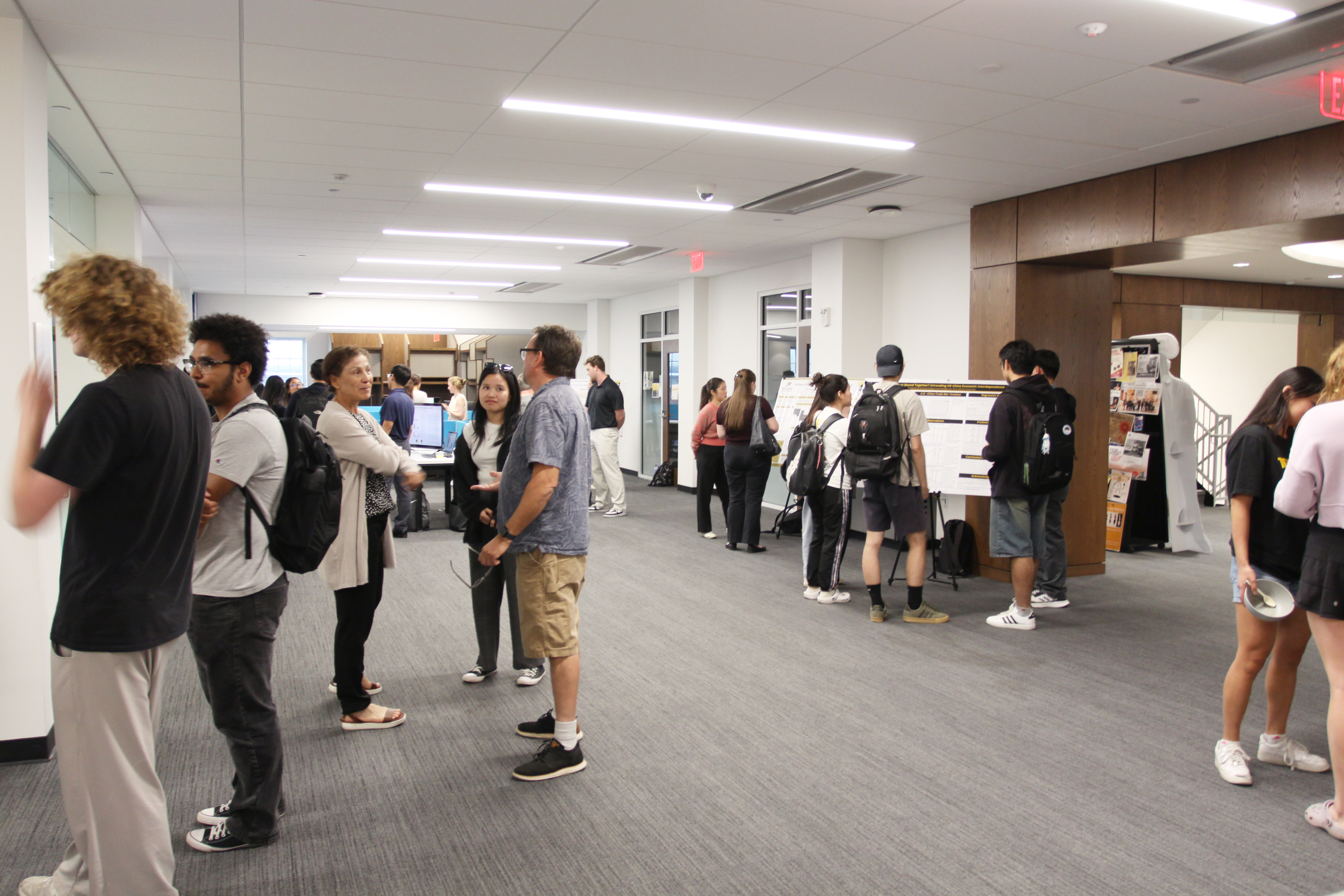Files
Download Full Text (633 KB)
Document Type
Poster
Publication Date
Fall 2024
Abstract
The intensifying geopolitical tensions between the United States and China have led to profound changes in global supply chains, particularly in recent years. Additionally, China's strict Zero Covid policy has further complicated the operations of multinational corporations during the pandemic. These developments have forced companies to rethink their sourcing strategies, diversify their suppliers, and relocate manufacturing to reduce tariff impacts and minimize supply chain risks. This study examines how the trade war and the Zero Covid policy have accelerated the diversification of foreign direct investment (FDI) flows from the U.S. and China into Southeast Asia. We analyze FDI data from key ASEAN economies, exploring correlations between the trade war and the evolving FDI patterns of the U.S. and China in the region. Our research finds that neither the trade war nor the COVID-19 pandemic has had a statistically significant impact on the growth and pattern of U.S. FDI into the region. However, there has been a notable shift in the distribution of Chinese FDI across the region. This suggests that U.S. government policies aimed at reshaping global supply chains have partially succeeded—not by altering American manufacturers' supply chains in the region, but by prompting their Chinese counterparts to restructure theirs.
Recommended Citation
Hoang, Nam Khanh '25 and Qu, Guangjun, "Foreign Direct Investment and Global Supply Chain Reshaping in ASEAN" (2024). Annual Student Research Poster Session. 150.
https://scholarship.depauw.edu/srfposters/150




Funding and Acknowledgements
Funding provided by the Asher Research Fund.